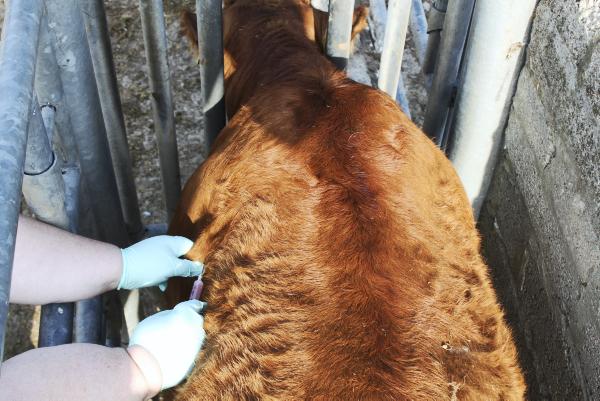It has been happening in Britain for a number of years, but it now seems that a number of big corporate veterinary companies on an expansion trail, and mainly backed by investment funds, have turned their sights to NI.
Initially, the target was those specialising in small animal work but in the past few months the attention has turned to acquiring mixed practices/farm-based vet practices.
The largest to date in NI is understood to be Castle Vets based in Castlewellan, acquired by Independent Vet Care (IVC), a business backed by a Scandinavian investment fund, and with around 300 practices in the UK, five of which are in NI.
In 2016, IVC made 40 acquisitions, taking group turnover to £134.7m, up from £84.9m in the previous year.
The other main company acquiring practices is CVS Group Ltd, the largest provider of veterinary services in the UK, with 430 surgeries.
It currently lists six practices in NI, including O’Reilly and Fee in Armagh.
CVS had a turnover of £271.8m to June 2017, up from £218m in the previous year, after acquiring a further 62 vet surgeries.
Both IVC and CVS Group are understood to be keen to buy up more practices. According to sources, there could be as many as six local farm-based vet businesses ready to sell to corporate companies by the end of the year.
“We are watching what is going on. There will be big changes in the next two years. The reality is that there might be hardly any private veterinary practices left in NI in five years,” commented one local practice owner.
Another said that the money on offer is proving very attractive, particularly if there is no clear succession plan in the business and some of the partners are nearing retirement. Vet practices tend to be asset-rich, cash-poor and with a lot of money tied up in drugs and in credit to farmers. That is making it almost impossible for young vets to secure a loan from a bank and buy into a practice.
It is also understood that the deals offered are far out of reach of an existing practice in NI, which might be interested in consolidation with someone looking to sell.
Those who have sold have continued to trade as normal, and offer the same service to farmers. But in the longer term, part of the excellent service that farmers currently receive is down to private vets across the country willing to go an extra mile to ensure goodwill in the business.
“Employees coming into a large business will expect good terms and conditions, and they will want to work nine to five. It could be positive for young vets entering the industry, and could drive their salaries up. But, ultimately, farmers will have to pay for that. It could come to a point where farmers have to get together to fund their own practice,” suggested another local vet.
He also pointed out that while it is possible for a young vet to come in and start up a business on their own, the costs of doing that are now extremely prohibitive given the outlay on drugs, etc, that would be required.





SHARING OPTIONS